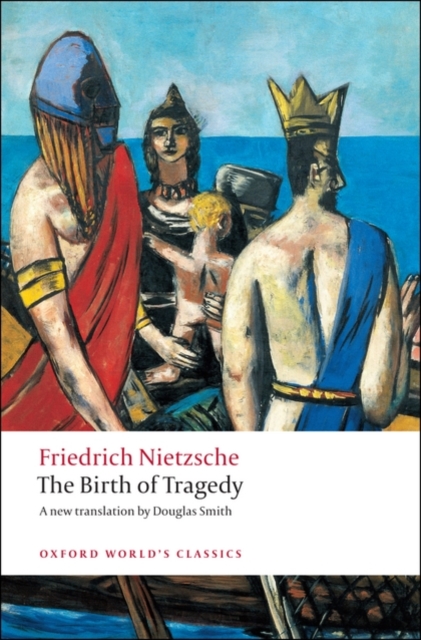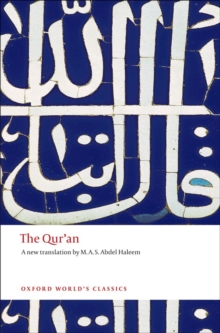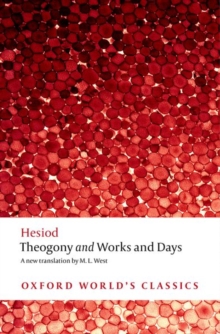
The Birth of Tragedy Paperback / softback
by Friedrich Nietzsche
Part of the Oxford World's Classics series
Paperback / softback
Description
'Yes, what is Dionysian? - This book provides an answer - "a man who knows" speaks in it, the initiate and disciple of his god.'The Birth of Tragedy (1872) is a book about the origins of Greek tragedy and its relevance to the German culture of its time.
For Nietzsche, Greek tragedy is the expression of a culture which has achieved a delicate but powerful balance between Dionysian insight into the chaos and suffering which underlies all existence and the discipline and clarity of rational Apollonian form.
In order to promote a return to these values, Nietzsche undertakes a critique of the complacent rationalism of late nineteenth-century German culture and makes an impassioned plea for the regenerative potential of the music of Wagner.
In its wide-ranging discussion of the nature of art, science and religion, Nietzsche's argument raises important questions about the problematic nature of cultural origins which are still of concern today.
ABOUT THE SERIES: For over 100 years Oxford World's Classics has made available the widest range of literature from around the globe.
Each affordable volume reflects Oxford's commitment to scholarship, providing the most accurate text plus a wealth of other valuable features, including expert introductions by leading authorities, helpful notes to clarify the text, up-to-date bibliographies for further study, and much more.
Information
-
Less than 10 available - usually despatched within 24 hours
- Format:Paperback / softback
- Pages:224 pages
- Publisher:Oxford University Press
- Publication Date:12/06/2008
- Category:
- ISBN:9780199540143
Other Formats
- Hardback from £20.99
- Paperback / softback from £7.99
- EPUB from £2.02
- PDF from £2.02
- eAudiobook MP3 from £5.59
Information
-
Less than 10 available - usually despatched within 24 hours
- Format:Paperback / softback
- Pages:224 pages
- Publisher:Oxford University Press
- Publication Date:12/06/2008
- Category:
- ISBN:9780199540143










